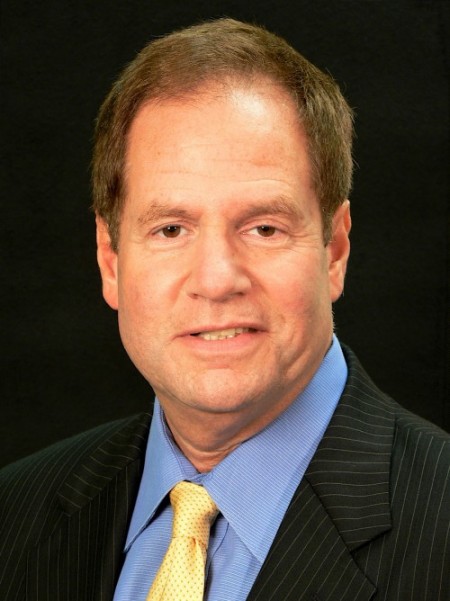
Is It Safe Not to Be?
The highly visible corporate, political and institutional leadership failures of recent years have deeply shaken public confidence. All too often these leaders placed self-interest ahead of the well-being of their organizations, constituents or supporters. After the institutions got in trouble, their leaders refused to take responsibility for the harm caused to the people they served.
The media has widely covered leaders and institutions engaged in practices that were neither sustainable nor responsible. This has given rise to champions of integrity stepping up to defend the true mission of their organization by resisting illicit practices, defective products and refusing to sacrifice their organization’s integrity. They acted not out of self-interest but to expose that which could endanger or defraud the public. It is their very loyalty that compels them to advise their management when policy or the law is broken.
These issues are touched upon in the recent (December 2016) article by the New York Times’ acclaimed Gretchen Morgenson entitled “Whistle-Blowers Spur Companies to Change Their Ways.” My reaction was this does happen…sometimes, but not nearly enough.
Government officials on both sides of the aisle for years have been inviting us to “See something, say something” when it comes to terrorism. It is also mandatory that this intelligence is taken seriously and heeded by responsible officials as it can affect the course of history. I only wish the same encouragement and protections were given to whistleblowers who report massive financial fraud, a form of “financial terrorism.”
From 2005 to 2008, I was a senior executive at Countrywide Financial, serving as managing director and enterprise chief leadership officer. I came to Countrywide after a long career in senior leadership at some of America’s top corporations—and I quickly realized that something was seriously wrong at my new company. I first took my concerns to management, which minimized, ignored, or dismissed the evidence of gross fraud and wrongdoing. When it was clear no action would be taken, I approached the SEC, Justice Department and District Attorney with evidence of wrongdoing. They ignored the evidence I brought forth.
My premonitions were soon confirmed. In 2008, Countrywide imploded in a frenzy of corruption, greed, and insider trading. The company was soon purchased by Bank of America.
In a system based on justice, my story would have ended there. I saw something. I said something. Yet, my story was just beginning. Instead of being allowed to move on after exposing criminal activity, Countrywide and Bank of America launched a program of retaliation and intimidation that shocked legal observers, including seasoned prosecutors astonished at the extraordinary steps that Bank of America and its lawyers were taking to destroy me.
Many believe that corporate codes of silence and whistleblower abuse helped lenders flood the nation with toxic mortgages. I agree. My court case involved my refusal to comply with an order to misrepresent material facts about Countrywide’s business and governance practices to a securities rating agency (Moody’s Investors Services, Inc.) and my whistle-blowing activities (reporting serious health concerns to Cal-OSHA). Both acts are protected by the law. The employer is not allowed to retaliate in any manner. BAC/CFC retaliated in every manner.
After a month-long trial, the jury vindicated me and held BAC/CFC responsible for egregious business, human resources, and health and safety practices. The jury deliberated for nearly 3 days and rendered a decisive verdict in my favor. Years later, after I had refused four settlement offers (including an eight figure offer) that came without promise of restitution to the millions defrauded, admission of guilt or promise of reform, an appeals court upended my winning jury verdict with no new evidence. There is no record of the proceedings of that hearing, which was done in my absence.
It does seem that the institutions set up to protect us and punish wrongdoers have, instead, protected wrongdoers and punished us. This is upside-down. The world is waiting for the corrupt, malfeasant CEOs who contributed to the global recession to be punished. Until this happens, both the health of the markets and the integrity of the U.S. judicial system are in question.
Whistleblowers want to do their part to promote vision-driven, values-based leadership that is a force for good, not evil. Finally, they just want to rid the world of companies the abuse shareholders, customers, employees and society.
Is this what happens when we “see something” then “say something”? Criminals get a slap on the wrist and those who expose them lose their careers. If these practices continue, will those who “see something” decide that to “say something” is too risky?
Find a Home-Based Business to Start-Up >>> Hundreds of Business Listings.













































